Good trouble
I arrive in Australia to feverish talk of a rebellion. There has been a ‘teenage revolt’. A mass act of ‘defiance’ against the establishment. ‘Radicals’ are on the loose. Being an old leftie at heart — from a time when the Left were normal people interested in progress, growth and jobs, not plummy graduates of Gender Studies departments who think a man’s right to use a woman’s dunny is the great civil rights cause of our age — I find myself getting excited. Does Oz now have its own French-style ‘yellow-vest’ revolt? Has the Brexit spirit exploded here too? Has a populist desire for change rocked Australia like it has the US and Europe? Nope. It’s just some entitled brats wagging school to weep over industry and coalmining and polluting utes and other things that make their lovely, comfortable lives possible in the first place. This wasn’t a rebellion. It was an orgy of generational ingratitude. It was a mass tantrum by kids so badly educated that they don’t even know it’s only thanks to the ‘evils’ of industry that they can sit in air-conditioned classrooms and while away the rest of the day on gadgets fashioned from cobalt, graphite, lithium and silicon. The exploitation of nature is the building block of human civilisation — someone needs to teach them that.
I cringed so hard when I read columns by forty- and fifty-somethings gushing over the eco-righteous kids. At the Sydney Morning Herald, Neil McMahon christened 2018 ‘the year of pissed-off kids’. It’s funny that the same commentators who have been petrified witless by 2018’s pissed-off adults — warriors for Brexit, French revolters, Donald Trump’s ‘deplorable’ support base — are so enamoured with pissed-off kids. It’s because they know they can use these naive kids and exploit their youthful but clueless energy to bolster their own efforts to preserve the political status quo and stymie human interference in nature. ‘Won’t someone think of the children!’, they cry, confirming the Left’s continuing and bizarre descent into a 1950s-style conservatism. Western society will rue the day it emboldened the next generation to behave like finger-wagging eco-cops. We’re churning out a new generation of child spies, in essence: those awful brats from Orwell’s 1984 who keep a watchful eye on adults to make sure none of them is transgressing moral boundaries. Indeed, a few years ago the New York Times noted the rise of ‘pint-sized eco-police’ who ‘pour scorn’ on their parents for everything from leaving the lights on to failing to recycle their rubbish. In London, my niece once came home from school with an ‘eco-checklist’, to work out how green their home was and what improvements her parents needed to make. We should do with youthful eco-sanctimoniousness what my brother did with the list: put it in the bin.
In a letter to the Australian, in response to my column on why environmentalism is the most deadening orthodoxy of our age, a correspondent says that if he has to choose between me moaning about eco-miserabilism and David Attenborough saying we have a very short time to save the planet from mankind’s rapaciousness, he’ll go with Attenborough. Bad move, bro. A UK government official once said we had seven years to save the planet. That was in 2008. A writer for the Observer confidently predicted we had 10 years to save the planet. That was in 2006. The UK-based New Economics Foundation said we had 100 months to save the planet… 124 months ago. These predictions are always wrong, because their fuel is fear not facts. Attenborough is great at making animal TV shows, but when it comes to a rational assessment of humankind’s fortunes, I reckon I’m a better bet.
I have taken to judging places I visit, not by their architecture or cuisine, but by their attitude to Brexit. So New York is irritating me of late, because it’s packed with liberals who have been made splutteringly Brexitphobic by the anti-Brexit coverage of the NYT. Italy has become one of my favourite destinations because Italians will excitably ask how Brexit is going and wonder how they might get their own Brexit action: ‘Italeave’ or, even better, ‘Quitaly’. And my love for this country has expanded tenfold because there are a great many people here who can see the larrikin vibe in Brexit. I’ve done three speeches here, and every time I’ve mentioned the B-word there have been whoops of delight. When Brexit Britain finally becomes a real place, leaving behind the Brussels-dominated semi-colony of the past 40 years, our first trade mission should be to Oz.
To Melbourne, where I was giving a speech at the IPA’s 75th-anniversary gala dinner. What an event. Five hundred people in black tie and fancy frocks gathered to celebrate 75 years of battling for liberty. I announced myself as an unofficial emissary for Brexit Britain, bringing the good tidings of that young, brave nation to the people of Australia. The highlight of the night was a brilliant video on the work that the IPA has done to defend people who have found themselves on the receiving end of a battering by Section 18C. One of the interviewees was Goong Leak, Bill’s widow. She recalled the time that Bill was suffering his persecution at the hands of the Human Rights Commission, when he said to her: ‘Sorry, darling — since you married me, all I have done is make trouble.’ Goong’s reply? ‘But you make good trouble.’ There wasn’t a dry eye in the room. ‘Good trouble.’ It’s my new favourite phrase. It’s so Australian. It’s international, in fact, especially now. Looking back on 2018 and its revolts against technocracy, pushbacks against PC, and agitations against old, decaying establishments everywhere from America to Italy, we can call all of that ‘good trouble’. And our New Year’s resolution should be to make more good trouble, everywhere, to show the paternalistic elites that there’s only so much of their nonsense we’re willing to take.
Got something to add? Join the discussion and comment below.
Get 10 issues for just $10
Subscribe to The Spectator Australia today for the next 10 magazine issues, plus full online access, for just $10.
You might disagree with half of it, but you’ll enjoy reading all of it. Try your first month for free, then just $2 a week for the remainder of your first year.


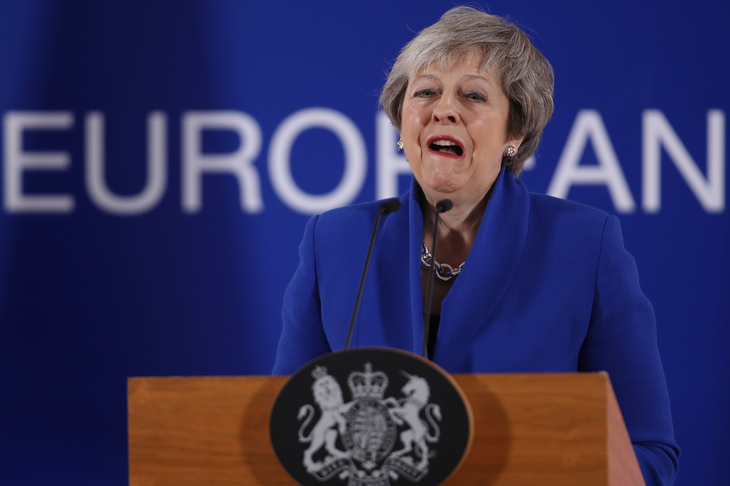
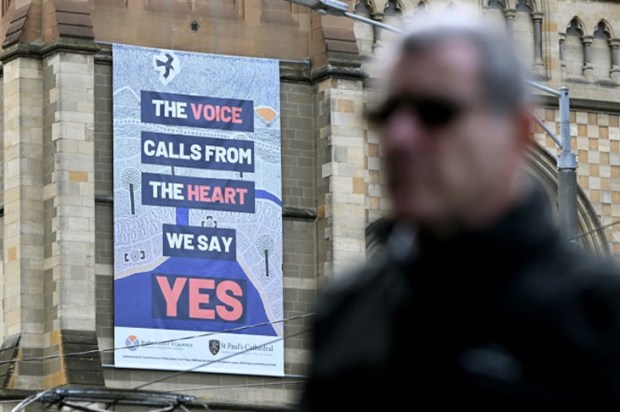
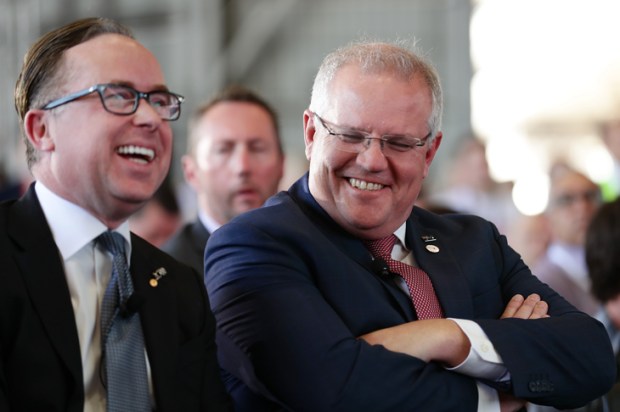

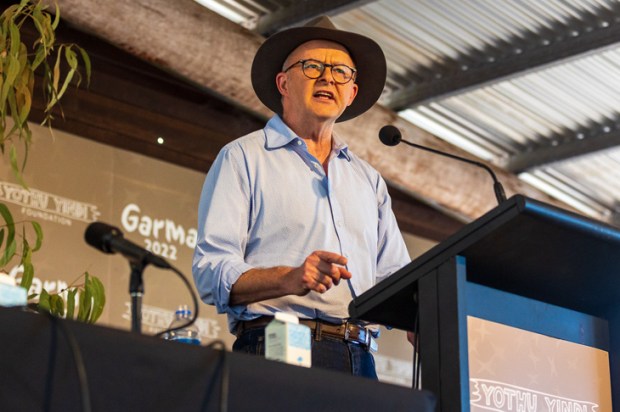

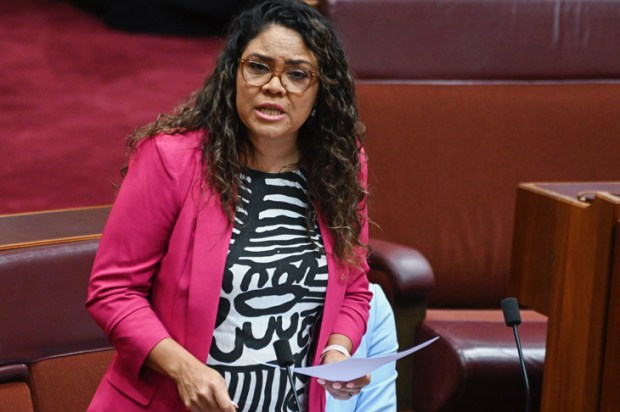






Comments
Don't miss out
Join the conversation with other Spectator Australia readers. Subscribe to leave a comment.
SUBSCRIBEAlready a subscriber? Log in